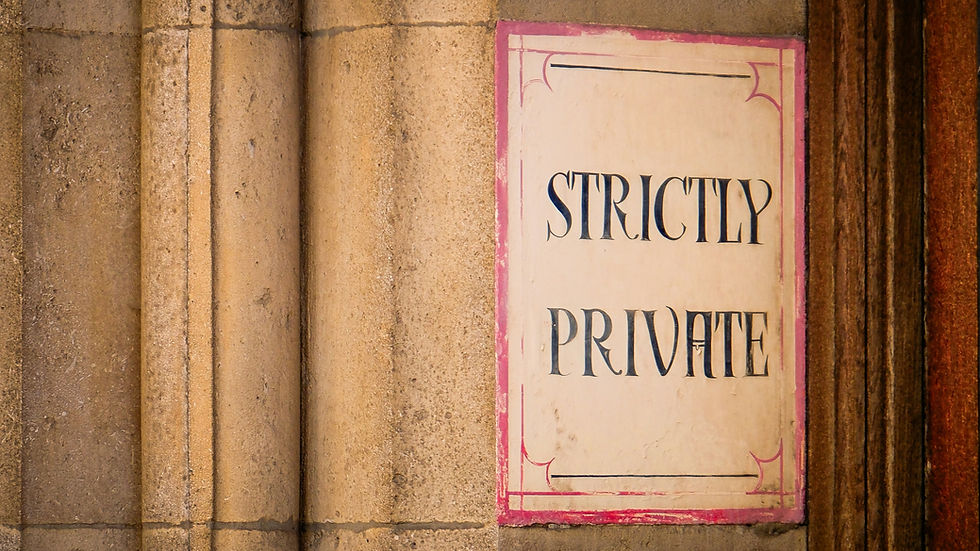Know when to hold ’em
- Stacey Gordon
- Jul 21, 2025
- 3 min read

“Why should I care about this character?”
I recently started working with some new critique partners, with the intention of having an ongoing relationship with other writers, getting to know each other’s writing, and soliciting feedback early and often.
During the first round of reviews with one of my CPs, she provided insightful, encouraging, constructive comments throughout the draft pages. At the end, in her summary, she asked the above question, though in a kinder and more diplomatic way:
What’s making me root for this person?
The feedback hit me hard. Not because I have a thin skin. Three years of agent queries, story submissions, critiques, and beta reads for my fiction—not to mention 30 years as a professional journalist, copywriter, and UX writer—has turned my skin course and leathery. You literally can’t offend me. (Even the feedback from a crit partner who told me my story was pointless and boring made me laugh, though I ultimately stopped accepting feedback from that unhelpful gentleman!)
It hurt because I didn’t know how to answer her question.
With my first novel, I spent years and years (and years!) writing it on my own. Wondering if it was any good. Convincing myself it wasn’t. I should have gotten critique feedback so much earlier than I did. After several rewrites, I finally sent it out over several rounds to different kinds of readers. And oh, what a difference that made. Over time, I learned what feedback was essential to act on and which I would choose to gratefully accept and disregard, but every single comment of critique proved to be so valuable to me.
As I wrote recently, I’ve learned to build feedback rounds into every project I work on now. But I was so determined to establish that feedback loop early with the new novel I’ve writing that I forgot one important truth:
The very first draft, the one where I let it all hang out, should never, ever see the light of day.
I was so inspired by Anne Lamott’s concept of the “shitty first draft” that it compelled me to finish my first novel—by convincing myself that I could produce the hottest mess ever composed with no shame or judgment, because no one would ever have to know. This contract with myself allowed me to accomplish something I never thought I could.
With that project finished (and on the verge of being launched into the world, news coming soon!), I marched into my next novel overconfidently, sure that I was now “experienced” enough to not need the phase of intensely private, hot-mess, letting-it-all-hang-out, first-drafting this time.
But I was wrong. As it turns out, I do need it. I’m very grateful to my CP for her brilliant feedback, because she was right: I didn’t know yet why we should care about my protagonist. But at this stage, that feedback made me feel all the things I managed to avoid the first time around: panic, shame, embarrassment. It made me think (just for a day, thank goodness): “Maybe I should give up on this dream.”
So, while my novel or story is still in "discovery mode," I'll retreat back into my dark, messy hole for awhile. While I still believe early feedback is crucial, I’m learning to seek it when it’s most helpful—and when to keep my words to myself.


Comments